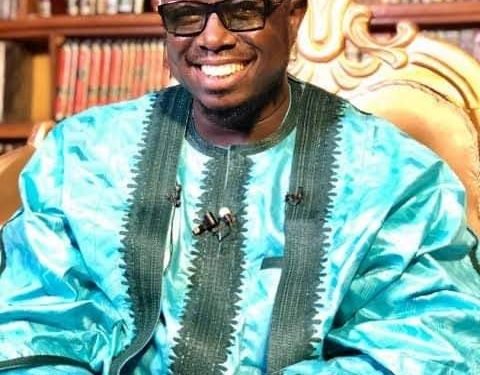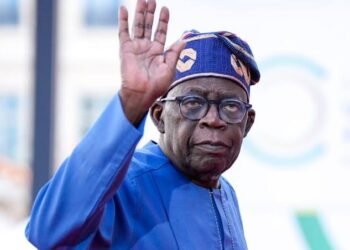“Those people who treat politics and morality separately will never understand either of them”. Jean-Jacques Rousseau
The political space is one of the most complicated and complex human spheres, especially in Africa, due to the nature and character of political actors. It is a space that accommodates the good, the bad and the ugly. Perhaps no society in Nigeria embodies this description more than Kano State because of the eclectic nature of the actors. Virtually all the social classes ranging from ulama to royalists, merchants, public intellectuals, media professionals, subalterns, market women, Yanjagaliyya, thugs and people with special needs have sizable and reasonable representations in the political arena. The eclecticism, resilience and accommodation complicate the terrain and compel the good to work in unison with the bad and the ugly characters. However, quite often, principled people with deep interest in politics yet stay away from it simply on account of the cast of characters who gate-keep and make the space dirty.
With the return of civilian administration in Nigeria in 1999, twelve northern states introduced sharia to regulate conducts and guide the religious practices of Muslims. The introduction of sharia resulted in the establishment of agencies and commissions that help in administering the Islamic legal system. The most prominent agencies and commissions in Kano include Sharia Commission, Zakkah and Hubsi Commission and Hisbah Board. The establishment of these institutions paved the way for the increased and partisan participation of Islamic scholars in politics mostly to manage the affairs of sharia related institutions. Many observers, pundits and opinion-molders have reservation against the partisan involvement in politics.
Political participation among Islamic scholars is more pronounced in Kano than in any other state in northern Nigeria, largely due to complexity









![Portable Orders Assault On Car Dealer Over Delayed Vehicle Delivery [VIDEO]](https://accesspost.ng/wp-content/uploads/2024/09/Portable-120x86.jpg)


